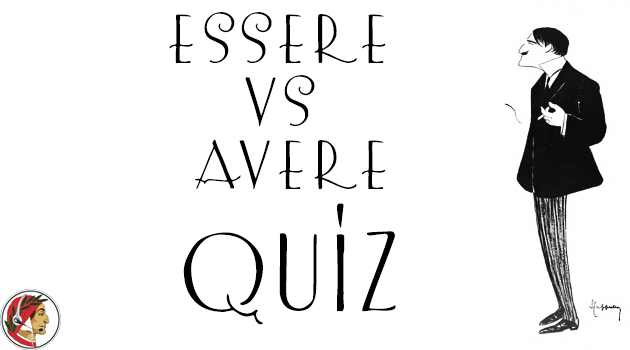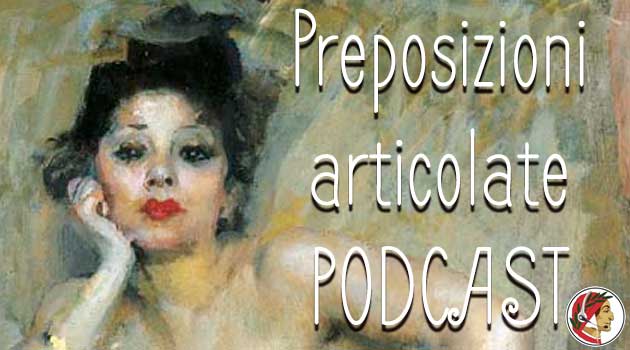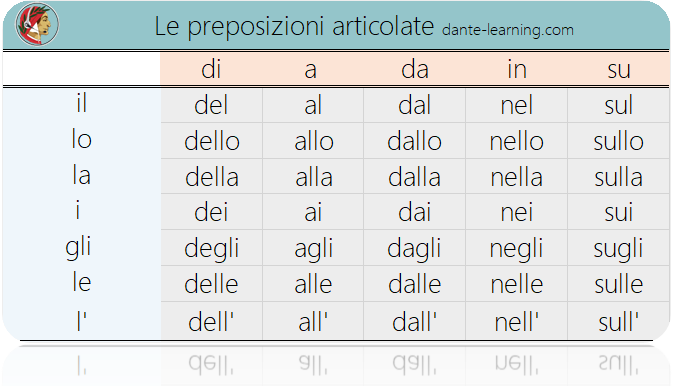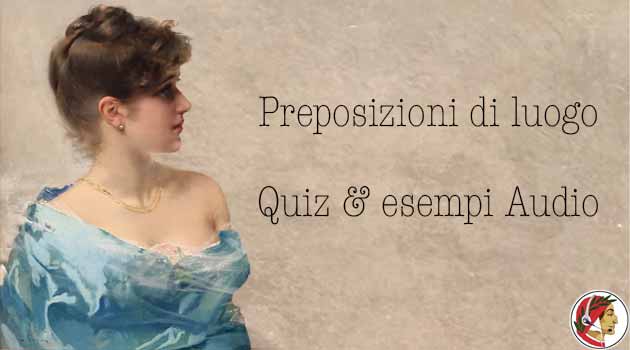![]()
Quiz livello principianti A2-1: ask questions, the present tense regular verbs
Quiz-summary
0 of 6 questions completed
Questions:
- 1
- 2
- 3
- 4
- 5
- 6
Information
LOADING QUIZ...
You have already completed the quiz before. Hence you can not start it again.
Quiz is loading...
You must sign in or sign up to start the quiz.
You have to finish following quiz, to start this quiz:
Results
0 of 6 questions answered correctly
Time has elapsed
Your score is 0 out of 0 points, (0)
| Average score |
|
| Your score |
|
Categories
- Not categorized 0%
-
Do you want to speak Italian for good? Try a free SkypeTM class.
We teach all levels and focus on natural Italian, the language spoken by ordinary people every day.
[divider_advanced color="rgba(0,0,0,1)" paddingTop="0"]
[one_half][process_steps type="horizontal" size="small"] [process_step title="Write your name and email." icon_image="17615"] [/process_step] [process_step title="Choose a date and time" icon_image="18154"] [/process_step] [process_step title="Your native teacher will contact you." icon_image="16062"] [/process_step] [/process_steps][/one_half] [one_half_last][/one_half_last]
- 1
- 2
- 3
- 4
- 5
- 6
- Answered
- Review
-
Question 1 of 6
1. Question
8 points[process_steps type="horizontal" size="small"] [process_step title="Answer the questions" icon_image="17619"] [/process_step] [process_step title="Check the results" icon_image="17618"] [/process_step] [process_step title="Listen and repeat" icon_image="17617"] [/process_step] [/process_steps]
Ask questions in Italian: Viaggiare
Write
chi, come, dove, quale, quando, quanto
or the equivalent feminine and plural declinations
e.g. Mi scusi, quanto costa il biglietto del tram?
Quante fermate devo fare?
-
 (Quale) autobus devo prendere per andare al Colosseo?
(Quale) autobus devo prendere per andare al Colosseo? (Dove) si trova la fermata più vicina?
(Dove) si trova la fermata più vicina? (Dove) posso comprare il biglietto? (Quanto) costano due biglietti?
(Dove) posso comprare il biglietto? (Quanto) costano due biglietti? (Quando) passa l'ultimo autobus?
(Quando) passa l'ultimo autobus? (Come) si fa a prenotare il treno?
(Come) si fa a prenotare il treno? Con (chi) viaggi in aereo?
Con (chi) viaggi in aereo? (Quante) ore di volo ci sono tra Roma e Chicago?
(Quante) ore di volo ci sono tra Roma e Chicago?
Correct 8 / 8PointsPlay the audio and repeat out loud
Incorrect / 8 PointsPlay the audio and repeat out loud
-
-
Question 2 of 6
2. Question
5 pointsWrite CHI or CHE

-
 (Chi) viene in montagna con me?
(Chi) viene in montagna con me? Laura è la ragazza (che) ho conosciuto a Roma.
Laura è la ragazza (che) ho conosciuto a Roma. Ammiro molto (chi) sa suonare la chitarra.
Ammiro molto (chi) sa suonare la chitarra. La donna (che) vedi in questa fotografia è mia sorella.
La donna (che) vedi in questa fotografia è mia sorella. L'attore di Hollywood (che) preferisco è Al Pacino.
L'attore di Hollywood (che) preferisco è Al Pacino.
Correct 5 / 5PointsPlay the audio and repeat out loud
Incorrect / 5 PointsPlay the audio and repeat out loud
-
-
Question 3 of 6
3. Question
5 pointsSelect the sentences that make sense

--------------------
Correct 5 / 5PointsPlay the audio and repeat out loud
Incorrect / 5 PointsPlay the audio and repeat out loud
-
Question 4 of 6
4. Question
7 pointsComplete the infinitive with "are", "ere", "ire"

In italia... Mi piace compr(are) dei regali.
-
 Io voglio ved (ere) la torre di Pisa.
Io voglio ved (ere) la torre di Pisa. Ci piace b (ere) il vino rosso.
Ci piace b (ere) il vino rosso.-
 Tu devi impar (are) l'italiano.
Tu devi impar (are) l'italiano. -
 Tutti vogliono conosc (ere) nuovi amici.
Tutti vogliono conosc (ere) nuovi amici.  Tu vuoi visit (are) il Museo degli Uffizi a Firenze.
Tu vuoi visit (are) il Museo degli Uffizi a Firenze. È meglio non esager (are) con il cibo.
È meglio non esager (are) con il cibo. Di solito andiamo a dorm (ire) in un agriturismo.
Di solito andiamo a dorm (ire) in un agriturismo.
Correct 7 / 7PointsPlay the audio and repeat out loud
Incorrect / 7 PointsPlay the audio and repeat out loud
-
-
Question 5 of 6
5. Question
8 pointsRegular verbs
simple present

e.g.: Mio fratello non (pulire) pulisce mai la sua stanza.
-----------------
-
- Il nuovo film di Checco Zalone (durare) (dura) circa due ore.
- Tutti i miei amici (sounare) (suonano) uno strumento musicale.
- Quando sono in Italia io (spedire) (spedisco) sempre molte cartoline.
- Noi (sperare) (speriamo) di andare in vacanza il prossimo agosto.
- I miei genitori (cenare) (cenano) sempre molto presto.
- In inverno, di solito tu (indossare) (indossi) degli abiti troppo leggeri.
- Gli italiani non (fumare) (fumano) nei ristoranti e nei luoghi pubblici.
- Quando l'acqua (bollire) (bolle), devi buttare la pasta.
Correct 8 / 8PointsPlay the audio and repeat out loud
Incorrect / 8 PointsPlay the audio and repeat out loud
-
-
Question 6 of 6
6. Question
7 pointsRegular verbs - 2

A tavola
-
 Mio fratello è vegetariano, non (ordinare) (ordina) mai la carne.
Mio fratello è vegetariano, non (ordinare) (ordina) mai la carne. Se il pesce non è fresco, i mei figli lo (lasciare) (lasciano) nel piatto.
Se il pesce non è fresco, i mei figli lo (lasciare) (lasciano) nel piatto. In quella trattoria, loro (preparare) (preparano) il pane fresco ogni giorno.
In quella trattoria, loro (preparare) (preparano) il pane fresco ogni giorno. Tu (condire) (condisci) gli spaghetti con troppo olio.
Tu (condire) (condisci) gli spaghetti con troppo olio. Di solito gli italiani non (provare) (provano) i piatti stranieri.
Di solito gli italiani non (provare) (provano) i piatti stranieri. In estate i nostri vicini ci (invitare) (invitano) alle loro grigliate in giardino. Noi (portare) (portiamo) da bere.
In estate i nostri vicini ci (invitare) (invitano) alle loro grigliate in giardino. Noi (portare) (portiamo) da bere.
Correct 7 / 7PointsPlay the audio and repeat out loud
Incorrect / 7 PointsPlay the audio and repeat out loud
-
© 2016 – Dante Learning – All rights reserved


















